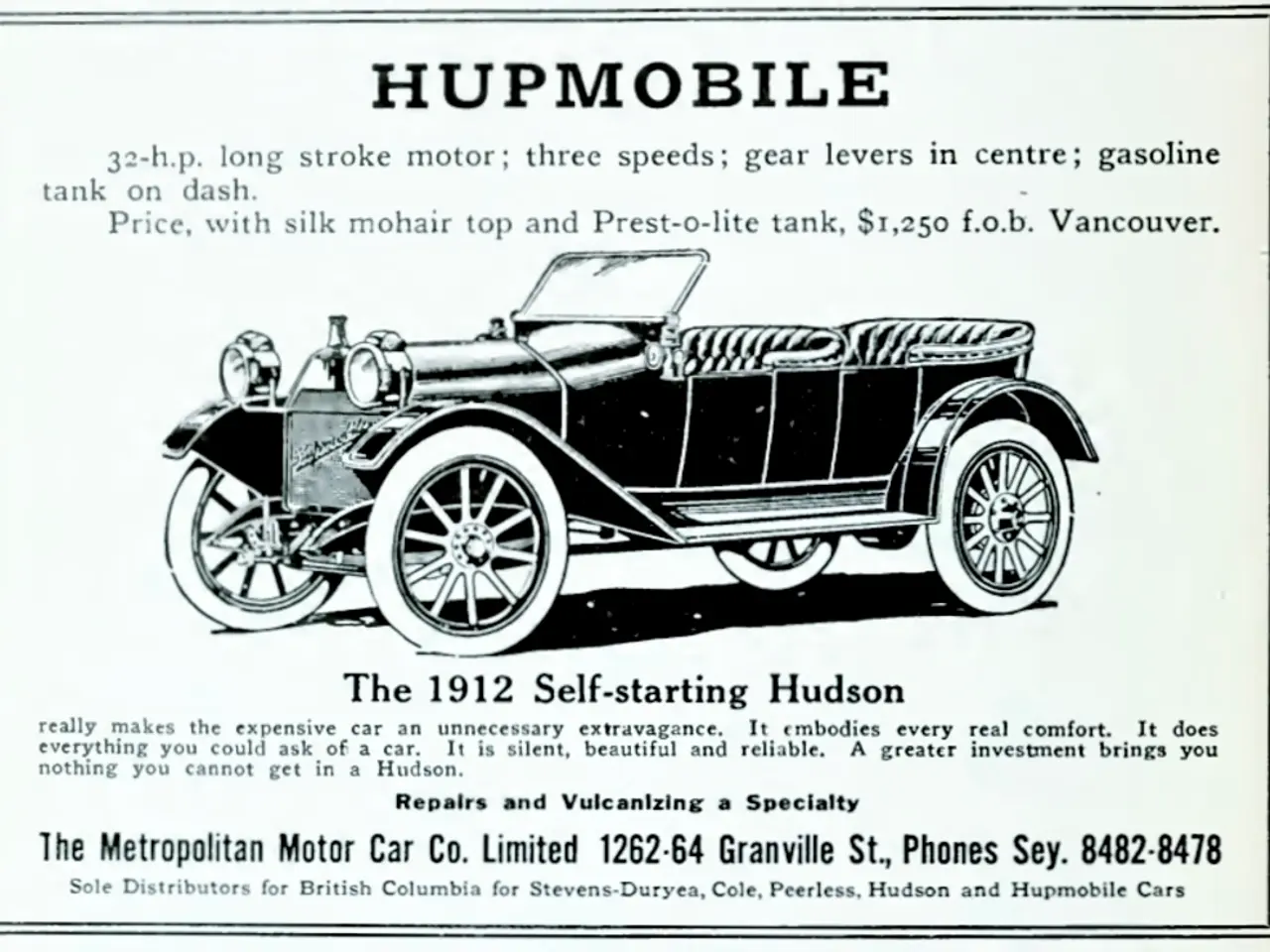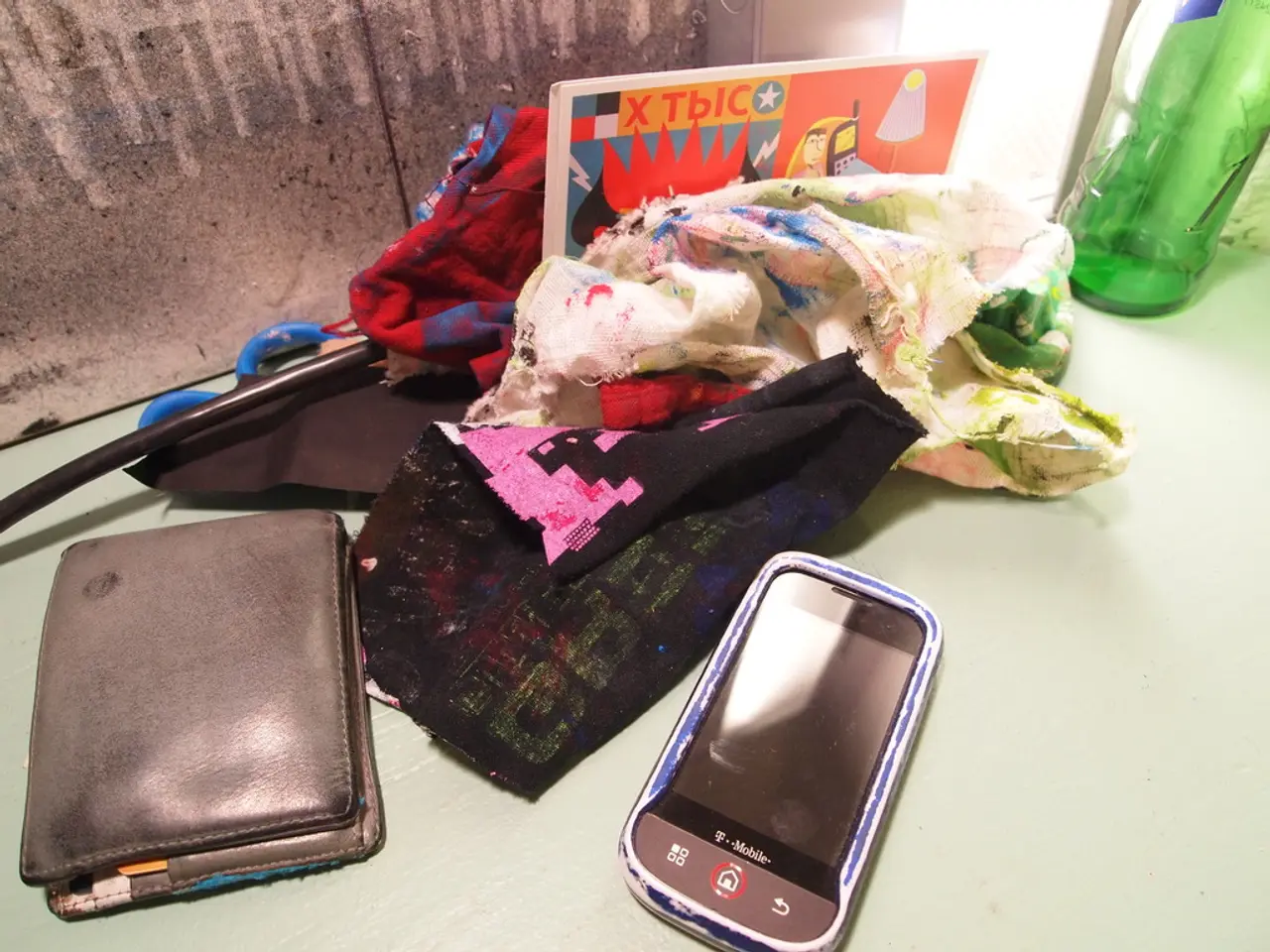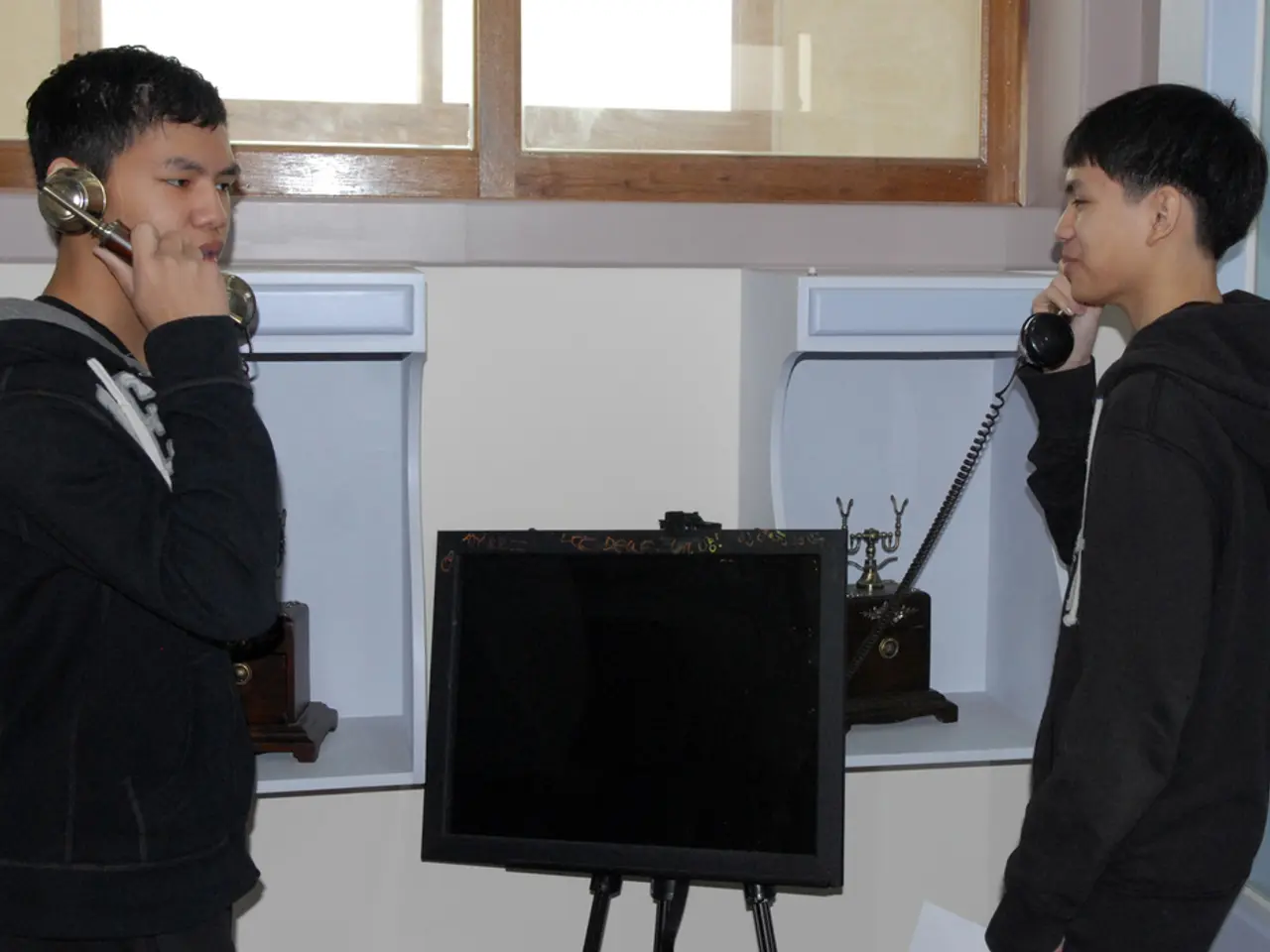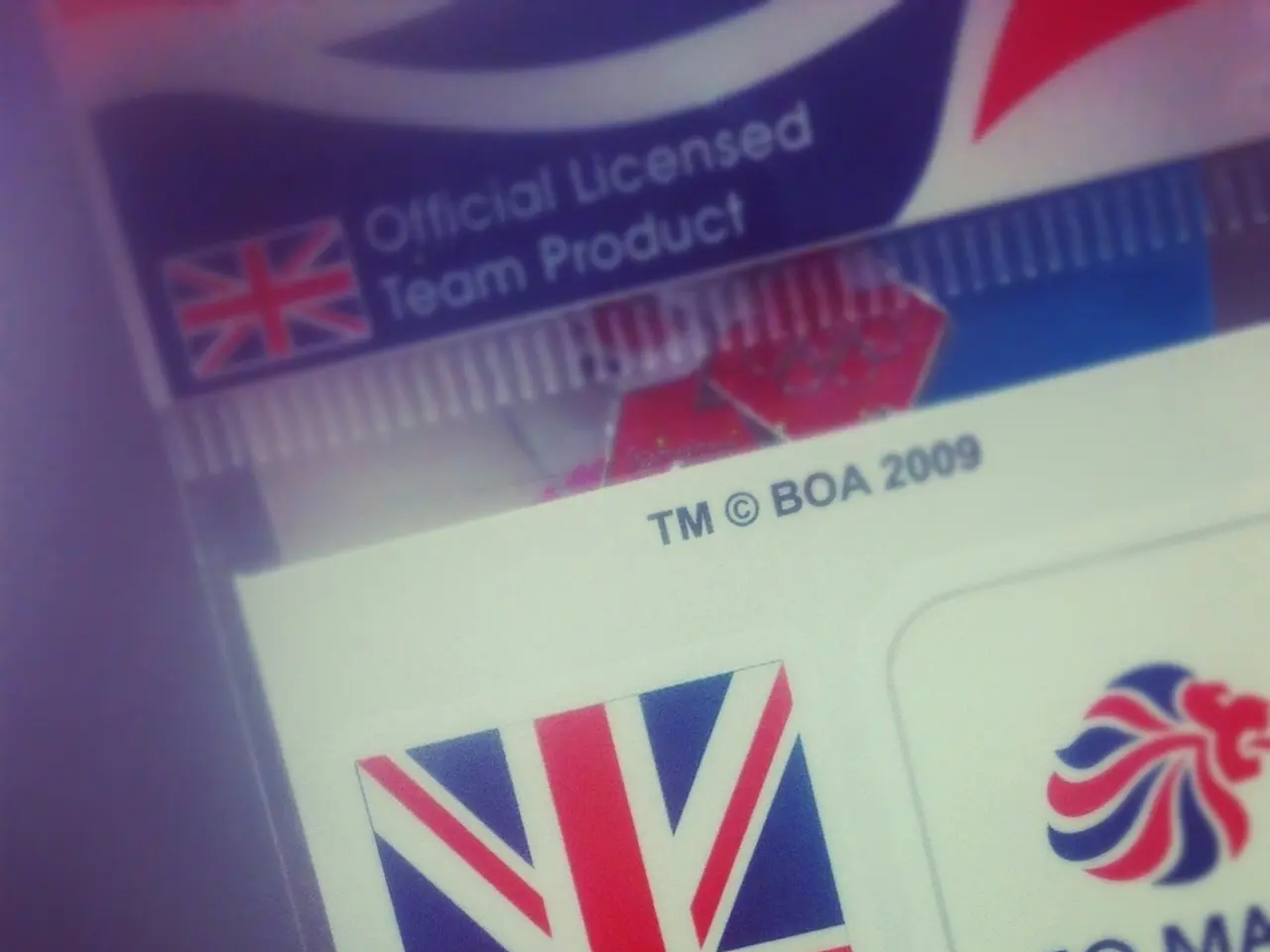Tesla Facing Daily Fines of €50,000 if Unfounded Autopilot Claims Persist in France
**Tesla Faces Regulatory Challenges in France and the EU Over Full Self-Driving Technology**
Tesla is currently facing regulatory scrutiny in France and the European Union (EU) regarding its Full Self-Driving (FSD) technology. In France, the company has been ordered to stop marketing its FSD as fully autonomous, following an investigation by the country's consumer protection agency, the DGCCRF.
The DGCCRF's investigation concluded that Tesla had misled consumers about the true capabilities of its FSD system, which remains at SAE Level 2, requiring constant driver supervision. The French authorities have threatened fines of €50,000 per day if Tesla does not comply with cessation demands and other business practice changes.
Tesla France has been accused of promoting vehicle options that were not available and failing to meet legal obligations around order cancellations, receipts, and delivery information. The company has not yet publicly responded to the French government's latest enforcement action regarding delayed refunds, missing receipts, incomplete sales contracts, misleading vehicle trade-in offers, and non-compliance with legal obligations.
Across the EU, Tesla is actively pursuing regulatory approvals to launch supervised FSD. The company has quietly updated country-specific websites, including for France, Germany, Italy, Belgium, and the Netherlands, signaling an imminent FSD (Supervised) launch in select European markets possibly by 2025. The EU regulation known as DCAS Phase 3 allows Tesla to use U.S. safety data to support its approval process, which could accelerate acceptance.
However, the rollout will initially be limited to test countries such as the Netherlands, Norway, and Germany, with Dutch authorities acting as a pilot regulatory body. Tesla is expanding its supervised FSD testing across Europe, including Spain, Italy, France, Germany, and the Netherlands, but the regulatory environment remains complex and slow-moving due to stringent EU safety standards.
Elon Musk has publicly expressed frustration with these delays, emphasizing the safety benefits of advanced Autopilot and urging European regulators to expedite approvals. Meanwhile, the case in France could have ripple effects across the EU as regulators in other countries examine similar concerns over how advanced driver-assistance systems are advertised.
In summary, Tesla's FSD is not currently authorized as fully autonomous in France due to consumer protection laws and regulatory findings, and across the EU, Tesla is navigating a cautious approval process before offering supervised FSD services widely. The ongoing investigation in France and the lawsuit filed by a group of French Tesla owners could further complicate the situation for the company.
- Tesla, despite its efforts to expand its Full Self-Driving (FSD) technology in Europe, is facing challenges in both France and the EU, with the French authorities ordering a stop to the marketing of FSD as fully autonomous due to business practice concerns.
- The automotive industry, while eager to integrate emerging technology such as FSD, must navigate complex regulatory frameworks in the finance sector, especially concerning consumer protection and safety standards, as seen with Tesla's case in France.
- Across the EU, including countries like Germany, Italy, and the Netherlands, Tesla is seeking approval for supervised FSD, showcasing the interplay between the technology and transportation industries, as they push for advancements while adhering to strict regulatory requirements.




